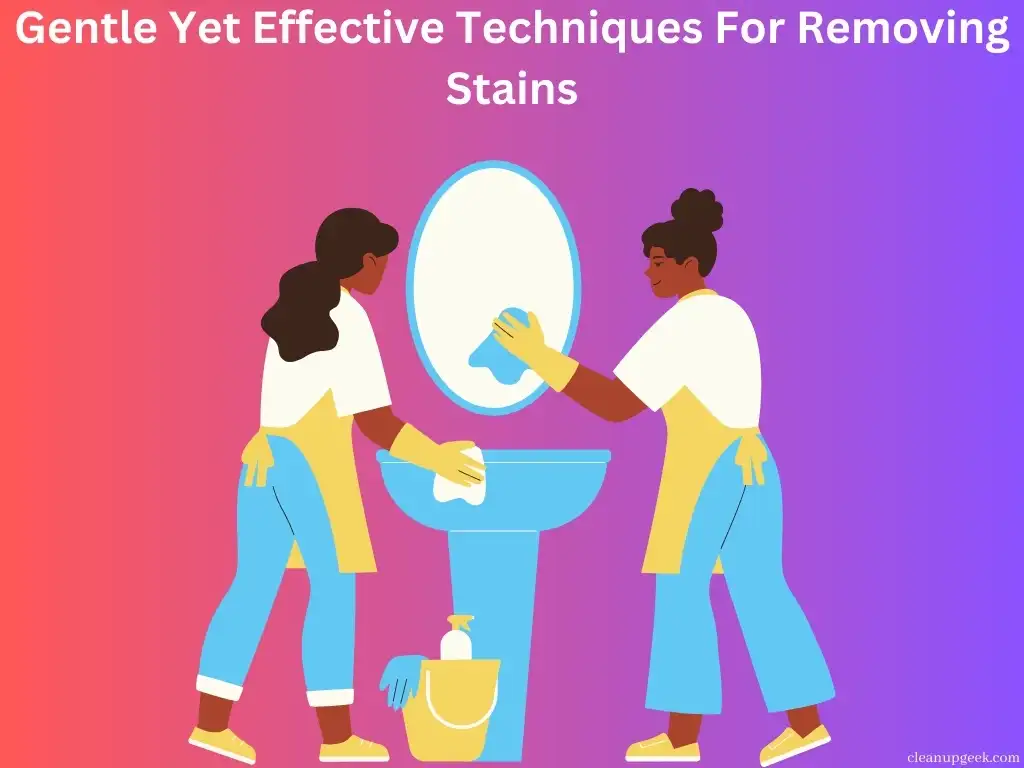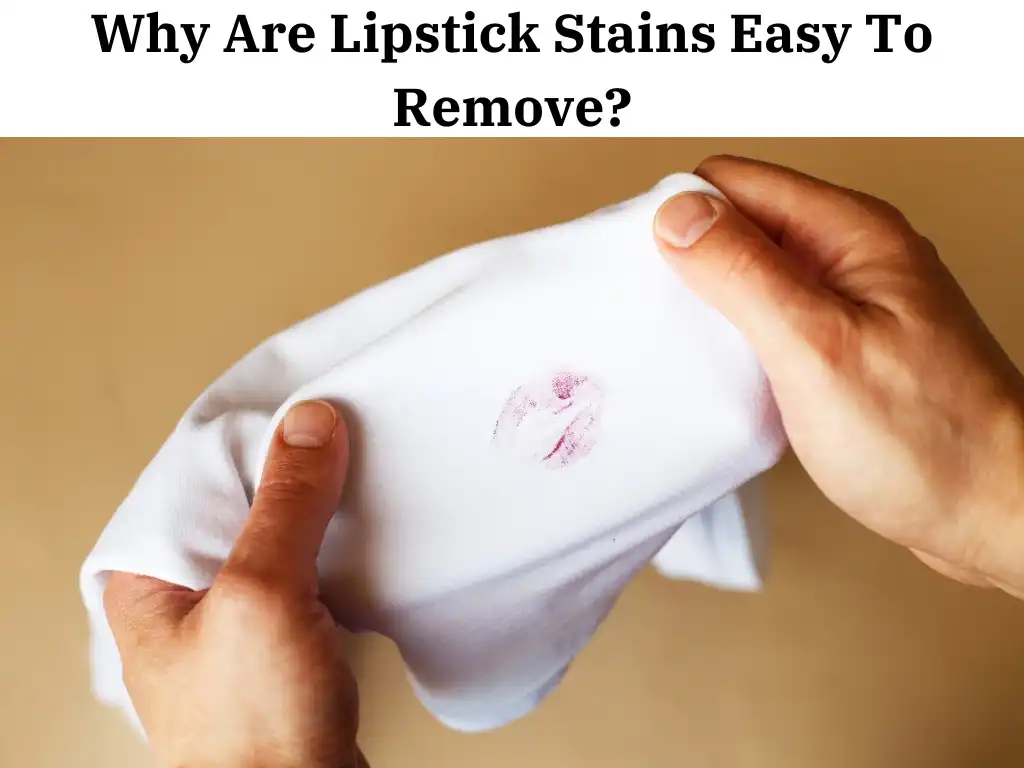Does your home seem to be a magnet for dust and allergens, no matter how often you clean? Studies show that indoor air can be five times more polluted than outdoor air.
This blog will guide you on improving indoor air quality using vacuum cleaners equipped with anti-allergen technology.
Let’s dive into the world of cleaner, healthier living spaces!
KEY INFORMATION
- Indoor air can be up to five times more polluted than outdoor air, making it important to focus on improving indoor air quality.
- Vacuum cleaners with HEPA filters are effective in trapping and removing microscopic particles like dust, pollen, and pet dander from the air, resulting in cleaner and healthier indoor spaces.
- Additional features found in vacuum cleaners with anti-allergen technology, such as UV light technology for killing bacteria and washable HEPA filters for easy maintenance, further enhance their ability to remove allergens from your home.
- Using vacuum cleaners with anti-allergen technology offers multiple benefits, including the thorough removal of dust, dander, and other allergens from your home, improved overall air quality, and reduced allergy symptoms for you and your family.
Benefits of Using Vacuum Cleaners with Anti-Allergen Technology

Using vacuum cleaners with anti-allergen technology offers multiple benefits, including the thorough removal of dust, dander, and other allergens from your home, resulting in improved overall air quality and reduced allergy symptoms for you and your family.
1. Removing dust, dander, and other allergens
Vacuum cleaners with anti-allergen technology are highly effective in removing dust, dander, and other allergens from your home. These vacuum cleaners use advanced filtration systems, such as HEPA filters, to trap tiny particles that can trigger allergies and asthma.
By vacuuming regularly with these specialized machines, you can significantly reduce the amount of airborne allergens in your indoor space. This means cleaner air for you and your family to breathe and a reduction in allergy symptoms.
So if you’re looking for a way to combat dust, dander, and other allergens in your home, investing in a vacuum cleaner with anti-allergen technology is definitely worth considering.
2. Improving overall air quality
Vacuum cleaners with anti-allergen technology are effective in improving the overall air quality in your home. These vacuum cleaners are equipped with features like HEPA filters and additional technologies such as UV light and pulsating pads for deep cleaning.
HEPA filters trap microscopic dust, dander, and other allergens, preventing them from being released back into the air. This helps to reduce allergy symptoms and create a cleaner and healthier indoor environment.
Using vacuum cleaners with anti-allergen technology can greatly contribute to improving the air quality in your home and providing relief for allergy sufferers or those with respiratory issues.
3. Reducing allergy symptoms
One of the benefits of using vacuum cleaners with anti-allergen technology is that they can help reduce allergy symptoms. These vacuums are designed to effectively clean and remove more dust, dander, and other allergens from your indoor spaces.
By removing these triggers from your home, you can experience relief from common allergy symptoms such as sneezing, coughing, itchy eyes, and congestion. Using a vacuum cleaner with anti-allergen technology regularly can contribute to improving your overall air quality and creating a healthier environment for everyone in your household.
The Importance of Maintaining Indoor Air Quality
Maintaining indoor air quality is crucial in order to prevent respiratory problems and alleviate allergy symptoms caused by common allergens found in homes.
Common allergens found in homes
Dust mites, pet hair, and pollen are common allergens in homes. These tiny things live in your carpet, bed, and furniture. They can make the air in your home bad to breathe. This is not good for people who have asthma or allergies.
Vacuum cleaners that don’t have HEPA filters can send these particles back into the air. But HEPA filters trap these particles, so they won’t get back out.
The impact of poor air quality on health
Poor air quality can have a significant impact on our health. When we breathe in polluted air, it can irritate our respiratory system and worsen existing conditions such as allergies and asthma.
Additionally, microscopic particles like dust, smoke, pollen, and pet dander in the air can trigger allergic reactions and cause symptoms like sneezing, coughing, watery eyes, and congestion.
Breathing in these pollutants regularly can also lead to long-term health issues like respiratory infections and even lung damage. By improving indoor air quality with the help of vacuum cleaners with anti-allergen technology and air purifiers, we can reduce the risk of these negative health effects and create a healthier living environment for ourselves and our families.
Vacuum Cleaners with HEPA Filters
Watch This Guide
Title: Vacuum Cleaner HEPA Filter “Air Quality Test” With Digital Meter
HEPA filters are high-efficiency particulate air filters that trap microscopic particles and allergens, improving the air quality in your home.
What are HEPA filters?
HEPA filters, or High-Efficiency Particulate Air filters, are a type of air filtration system commonly used in vacuum cleaners. These filters are designed to capture and trap tiny particles like dust, pollen, pet dander, and other allergens that can trigger allergy symptoms or worsen respiratory conditions.
HEPA filters work by forcing the air through a fine mesh that traps these microscopic particles while allowing clean air to pass through. This technology ensures cleaner indoor air by reducing the amount of airborne allergens and improving the overall air quality in your home.
How do they improve air quality?
Vacuum cleaners with anti-allergen technology improve air quality by effectively removing dust, dander, and other allergens from your indoor space. They do this through their filtration systems, such as HEPA filters.
These filters trap microscopic particles like pollen and dust mites, preventing them from being released back into the air. As a result, the air in your home becomes cleaner and healthier to breathe.
By investing in a vacuum cleaner with anti-allergen technology, you can reduce allergy symptoms and create a more comfortable living environment for yourself or anyone else who suffers from allergies or asthma.
Additional Features for Anti-Allergen Technology

Vacuum cleaners with anti-allergen technology often come equipped with additional features that further improve their ability to remove allergens from your home.
UV-light technology
UV light technology is an important feature found in certain vacuum cleaners with anti-allergen technology. This technology uses ultraviolet (UV) light to help kill and eliminate bacteria, viruses, and other harmful microorganisms that may be present on surfaces.
UV light has been proven effective in reducing the growth of mold, mildew, and allergens such as dust mites. By incorporating UV light technology into vacuum cleaners, it provides an additional level of cleanliness and protection against these allergens, ensuring a healthier living environment for you and your family.
Washable HEPA filters
Vacuum cleaners with washable HEPA filters are a great choice for improving indoor air quality. HEPA filters are designed to capture tiny particles like dust, pollen, and pet dander, helping to reduce allergens in the air.
What makes washable HEPA filters even better is that they can be easily cleaned and reused, saving you money on replacements. By regularly cleaning your vacuum filter, you can ensure it continues to trap allergens effectively and keep your home’s air clean and healthy.
So, consider a vacuum cleaner with a washable HEPA filter for easier maintenance and improved air quality.
Pulsating pads for deep cleaning
Vacuum cleaners with anti-allergen technology often come equipped with pulsating pads for deep cleaning. These pads vibrate rapidly, helping to loosen dirt and debris from carpets and upholstery.
This deep cleaning action ensures that allergens such as dust mites, pet dander, and pollen are effectively dislodged and captured by the vacuum. By using a vacuum cleaner with pulsating pads, you can be confident that your home is thoroughly cleaned to remove even the smallest particles that may trigger allergies or respiratory issues.
Conclusion
Investing in vacuum cleaners with anti-allergen technology is a smart choice for improving indoor air quality. These vacuums, equipped with HEPA filters and additional features like UV light technology, can effectively remove dust and allergens from your home.
By using these vacuums regularly, you can breathe cleaner air and reduce allergy symptoms. Take control of your respiratory health by choosing vacuum cleaners that prioritize air purification.
FAQs

1. What are the benefits of vacuum cleaners with anti-allergen technology?
Vacuum cleaners with anti-allergen technology can offer allergy relief, improve air quality, and promote better respiratory health.
2. How can these vacuum cleaners help people with pet allergies?
If you have pet allergies, these vacuums might cut down on your sniffles. They clean up pet dander from surfaces and purify the air in your home.
3. Can anti-allergy vacuum cleaner technology help those suffering from pollen allergies?
Yes! Anti-allergy technologies in vacuums filter out tiny things like pollen that cause allergic reactions and help to clear the air.
4. Does using a vacuum cleaner with an antiallergy feature boost my overall respiratory health?
Absolutely! By improving air quality and providing allergy relief, this type of vacuum supports healthier lungs and easier breathing.


